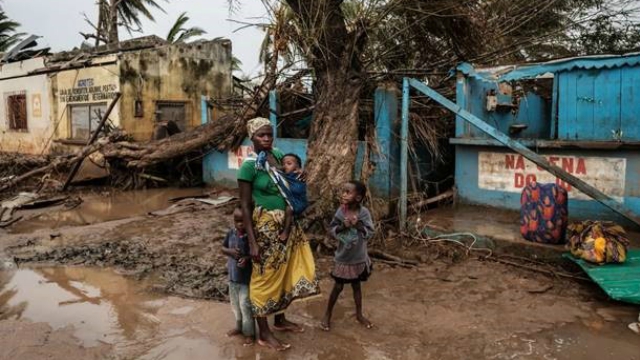About this Course
This online training introduces the Post-Disaster Needs Assessment (PDNA), an internationally recognized methodology used to assess physical damages, economic losses, and recovery needs following a natural disaster. The course explains how PDNAs support government-led recovery planning through coordinated, evidence-based analysis.
What You’ll Learn
You will learn the core concepts and steps of the PDNA process, including how to analyze disaster context, identify and cost damages and losses, assess disaster impacts on the economy and communities, and define recovery needs. The course also covers how PDNA findings inform recovery strategies and link to broader disaster recovery frameworks.
How the Course Works
The course is delivered as self-paced.

